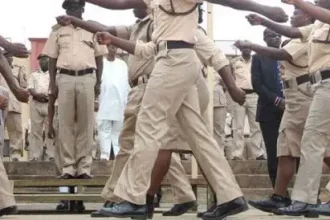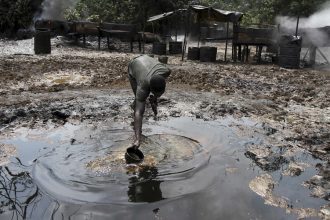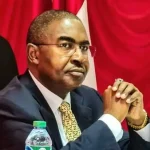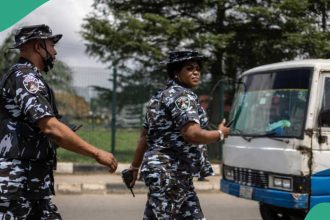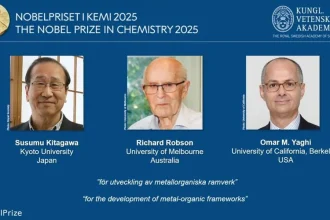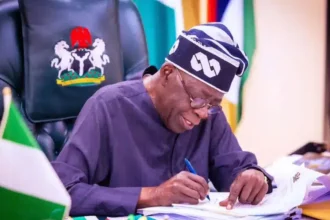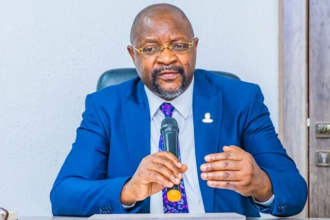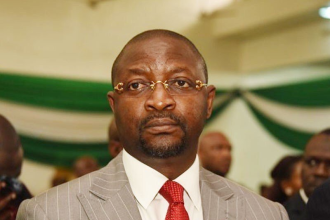Nigerians are groaning under yet another hike in the price of cooking gas, with a kilogram now selling for as high as ₦2,000 — and in some locations up to ₦3,000 — sparking widespread concern over the cost of living.
But gas marketers say the situation is not the result of any official price adjustment.
Speaking on Channels Television’s The Morning Brief on Wednesday, the National President of the Nigerian Association of Liquefied Petroleum Gas Marketers (NALPGAM), Oladapo Olatunbosun, attributed the price surge to temporary supply disruptions and market exploitation by opportunistic dealers.
ALSO READ: Why cooking gas price is increasing — NNPC
“I sympathise with Nigerians as the President of NALPGAM because we never intended to have a situation like this.
“I must say categorically that the price of cooking gas has not gone up. No increment has been done officially.
“What is happening is that some marketers are taking advantage of the shortage in supply and market forces that have increased demand. They are cashing in to make quick money, which is wrong,” Olatunbosun said.
He assured that the situation is artificial and temporary, and that normalcy is expected to return within days.
Channels TV had earlier reported that LPG prices, which averaged between ₦1,200 and ₦1,300 per kilogram, have recently jumped to between ₦1,700 and ₦2,000, depending on location.
According to Olatunbosun, the problem began when Dangote Refinery — a key player in improving local supply — embarked on maintenance that slowed truck loading, creating a shortfall in distribution.
“Before the strike, Dangote loaded about 50 trucks per day, which served the South-West and some parts of the North. But when renovation started, trucks began spending up to 14 days at the refinery yard before getting products.
“Marketers then switched to Apapa for supply, and when the PENGASSAN strike hit, vessel discharges and inspections were disrupted, drying up stocks nationwide.”
He explained that although Dangote Refinery did not completely halt production, the strike prevented inspectors from clearing vessels for discharge, causing a backlog that severely affected supply across the country — especially in the South-West, which consumes the largest volume of LPG in Nigeria.
Olatunbosun disclosed that Nigeria’s LPG consumption had risen from 1.2 million metric tonnes three years ago to nearly two million metric tonnes, making the market more sensitive to disruptions.
To cushion the impact, he advised consumers to buy directly from registered gas plants, warning that those purchasing through middlemen were likely to pay inflated prices.
“If you buy from a third or fourth party, the chain extends and the price rises — just like buying petrol from black market vendors.
“At gas bottling plants operated by our members, the price is between ₦1,000 and ₦1,300, depending on the area and cost of transportation,” he clarified.
He added that before the recent disruption, prices were as low as ₦950 to ₦1,050 in some areas, assuring that supply and pricing will stabilise soon.
“We are working with relevant authorities to ensure steady supply and normal pricing in the coming days,” Olatunbosun concluded.
WATCH TOP VIDEOS FROM NIGERIAN TRIBUNE TV



